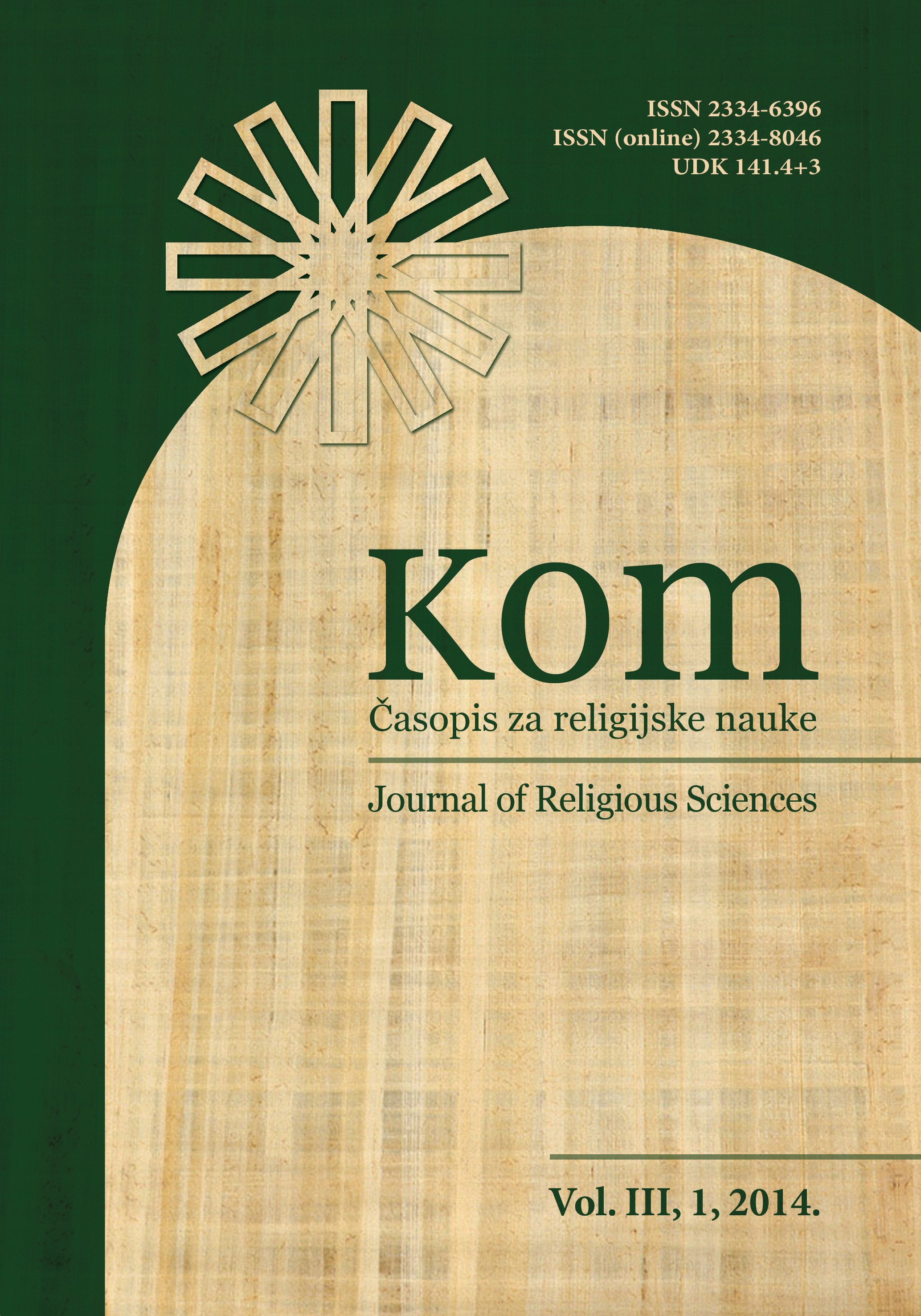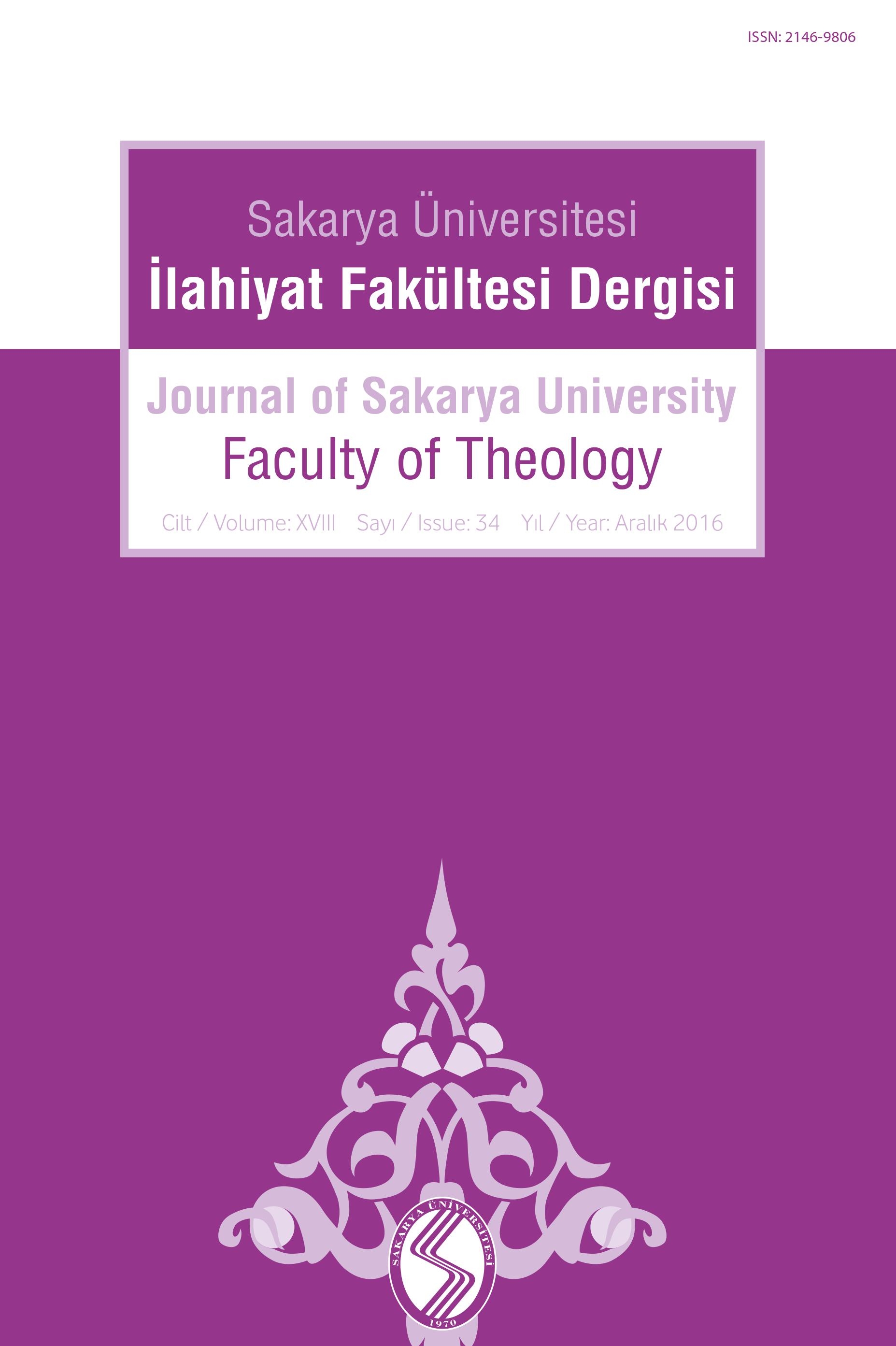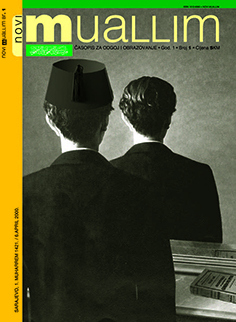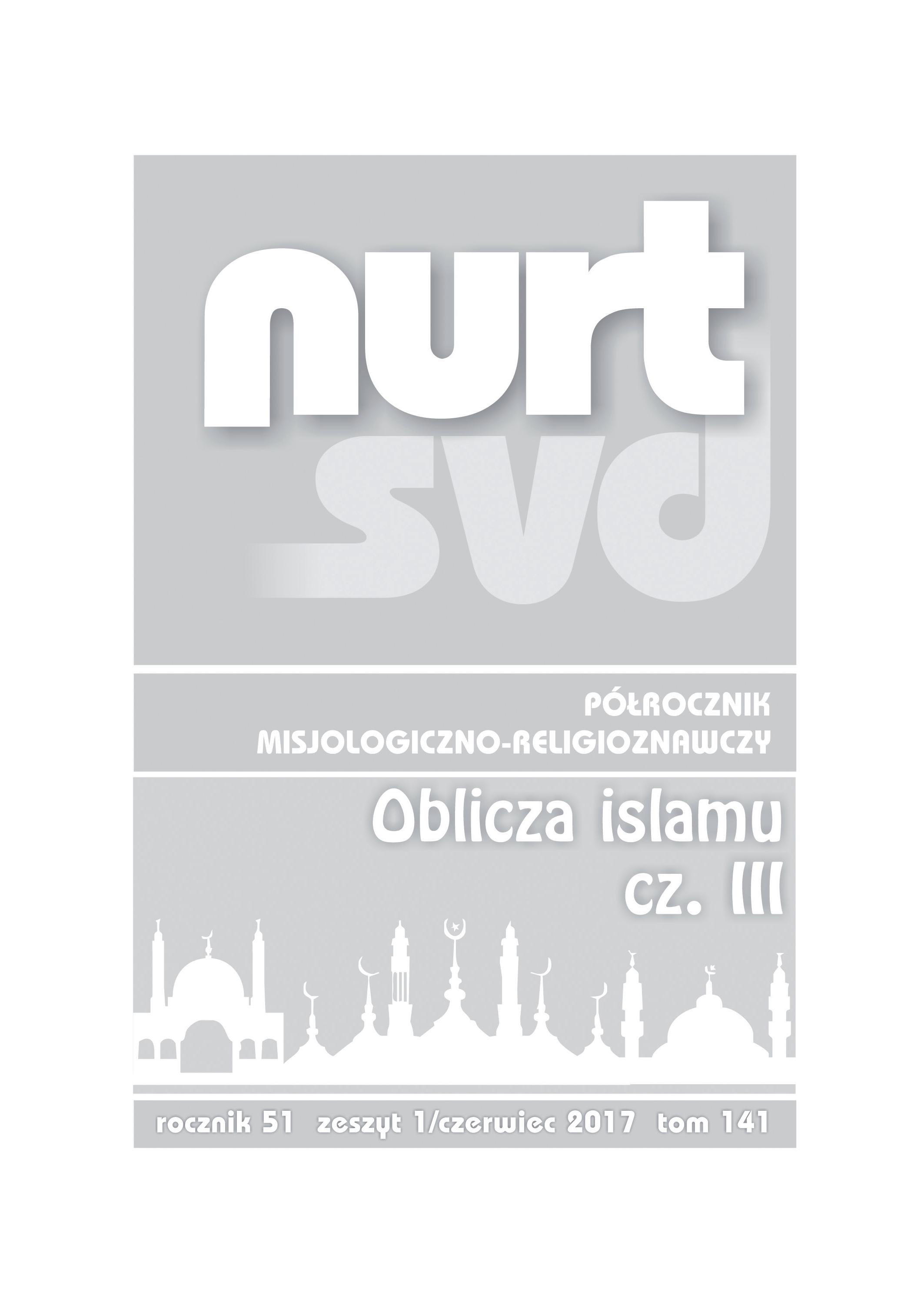
"One" and "Many" in Islam - The Path (Sirat) and the Ways (Subul) in the Qur'an
The Qur'an considers both one path (sirat) and many ways (subul) simultaneously as a direction to righteousness and religiosity. The same kind of one and many has been revealed about wickedness and unrighteousness as well. Now, the question arises here, what is the relationship between plurality and unity in both righteousness and unrighteousness? I think considering these questions will offer a new perspective in regard to 'unity and plurality' which is an important issue in a pluralistic world such as ours. In order to respond to these questions, it would be significant to illuminate the relationship between many divine ways and the one divine path on the one hand, and to clarify the distinction between divine ways and devil ways on the other.
More...


